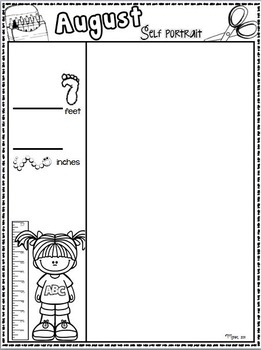
Help children begin to develop self-regulation skills.
#PRESCHOOL PROLOQUO BOOKS HOW TO#
Rethink classroom management and discover how to support social-emotional learning. Discover how to support emerging literacy skills and guide children to make meaning of text even if they cannot read the words. Reading behaviors start before young children can decode words on a page. I Am Reading by Kathy Collins and Matt Glover

Teachers can create an environment to support the young writers they already have. They explore how to nurture the storytelling and writing abilities of preschoolers. Young children are already writers, the authors of this book contend. A valuable resource included in this book is the Pre-K Literacy Continuum, a guide for observing and supporting literacy behavior.Īlready Ready by Katie Wood Ray and Matt Glover The authors look at language, emergent reading and writing, and ways to support all types of literacy play in the classroom. In this book they discuss ways to support the beginning literacy skills in preschoolers. Literacy Beginnings: A Pre-Kindergarten Handbook by Fountas and Pinnellįountas and Pinnell are top experts in the field of literacy. A foundation for using higher-level questioning in preschool. What are “big” questions, and how do they encourage children to think deeply? With this intentional approach-rooted in Bloom’s Taxonomy-teachers working with childrenĪges 3 through 6 will discover how to meet children at their individual developmental levels and stretch their thinking. The Most Important Year: Pre-Kindergarten and the Future of Our Children by Suzanne BouffardĪn eye-opening look inside pre-K in America and what it will take to give all children the best start in school possible.īig Questions for Young Minds: Extending Children’s Thinking by Janis Strasser, Lisa Mufson Bresson
#PRESCHOOL PROLOQUO BOOKS PROFESSIONAL#
Professional Development Books for Preschool Teachers Check out these professional development books for preschool teachers. Sometimes you can even participate in an online book study. Professional development books are great resources – affordable (especially if you check your local library) and easy to fit in your schedule (starting and stopping more easily). But sometimes it’s difficult to invest a chunk of time at one sitting.

Online courses or podcasts are good alternatives. Conferences and workshops are great but the expense can add up.

Professional development can be a challenge. All teachers should be lifelong learners.


 0 kommentar(er)
0 kommentar(er)
